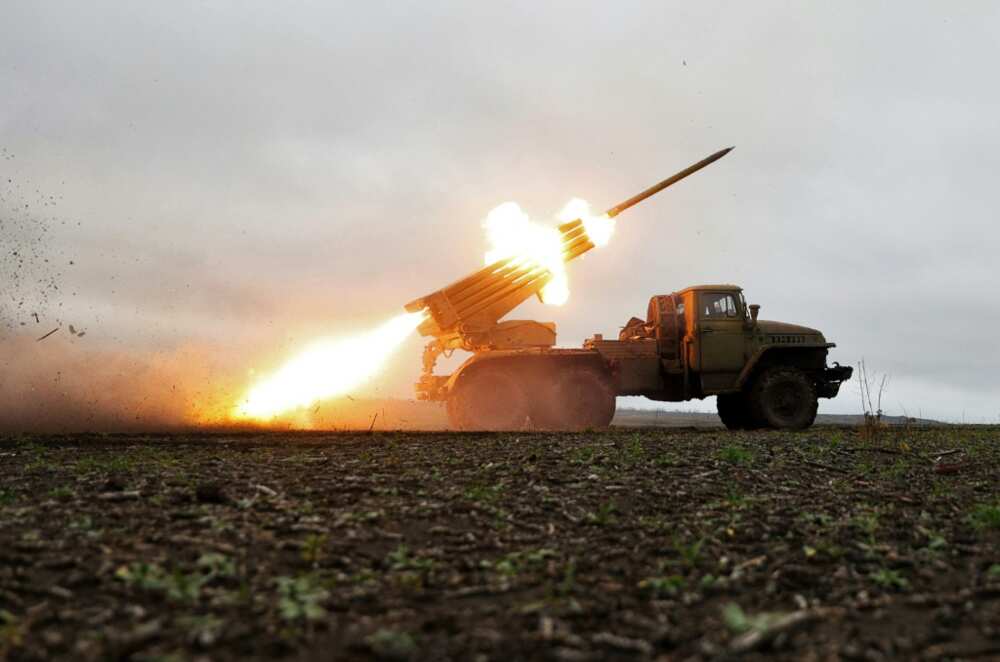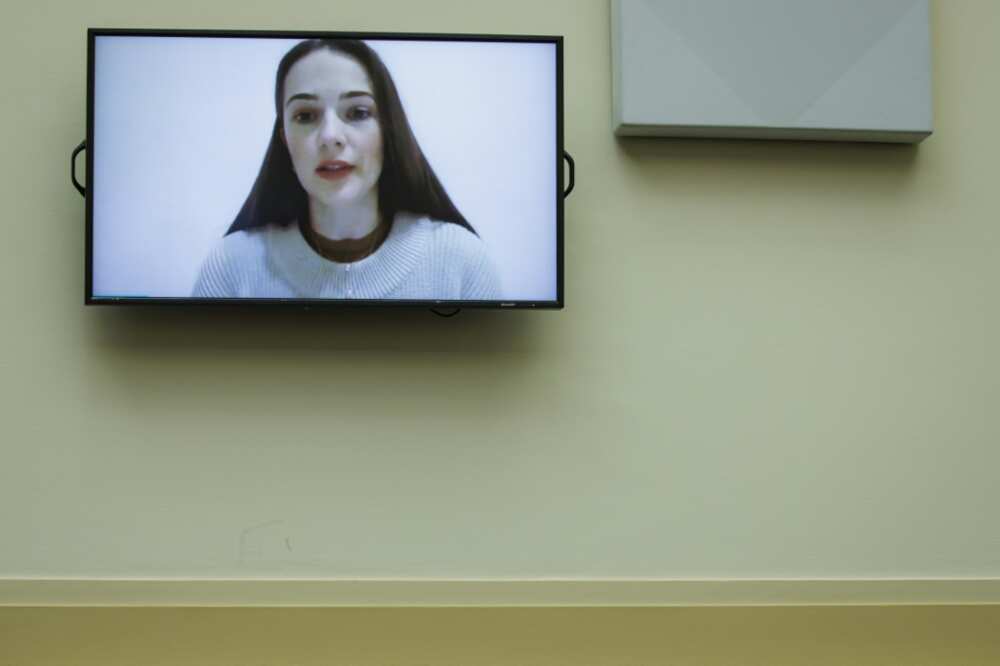Nobel Peace laureate calls for weapons to free Ukraine

Source: AFP
In an unusual move for a Nobel Peace laureate, the head of one of this year's prizewinning organisations on Monday called for weapons to help Ukraine defend itself and stop the atrocities.
"When somebody asks me how to stop these long-lasting crimes in occupied territories, I can only answer: 'Provide Ukraine with weapons to liberate these territories'," Ukrainian Oleksandra Matviichuk, a human rights lawyer who heads the Kyiv-based Center for Civil Liberties, told AFP in Stockholm.
"It's a weird situation for me, and a clear sign (that) something (is) wrong with the whole international system when a human rights lawyer asks (for) air defence systems."
But, she said, "we need to prevent new damage to critical civil infrastructure".
"We need air defence systems. We need other kinds of military facilities which would help us to protect our sky."
Matviichuk said international law -- her usual weapon for defending human rights -- was no longer effective.
PAY ATTENTION: Follow us on Instagram - get the most important news directly in your favourite app!
"Now I have no legal instrument which can stop Russian atrocities because Russia publicly ignores international law and all decisions of international organisations," the 39-year-old said.
Ukraine also needs urgent humanitarian assistance to "endure this very hard winter", she said, noting that she had just experienced more than three days without power or heat in her Kyiv home.
The Center for Civil Liberties was awarded the Nobel Peace Prize along with Belarusian human rights advocate Ales Bialiatski and the Russian human rights organisation Memorial for their "outstanding effort to document war crimes, human right abuses and the abuse of power".
For whom?
Matviichuk said her organisation, which was founded in 2007, now pursues an "ambitious goal to document each war crime" committed across Ukraine.
"Now we have a database which includes more than 24,000 episodes of war crimes," she said.
The work is taxing, she said, both in terms of the effort required to collect information in the war-ravaged country and the toll it takes on staff.
"We document human pain and it's very hard," Matviichuk explained.
She also lamented what she called an "accountability gap", with the national legal system overloaded and the International Criminal Court only investigating "select cases".

Source: AFP
"A question which I ask myself (is) 'For whom do we document all these war crimes?'," Matviichuk said.
"Who will provide a chance for justice for hundreds of thousands of victims of war crimes?" she said, stressing that her question wasn't rhetorical.
Matviichuk said "the war turned people into numbers" as the scale of atrocities became overwhelming.
"We need to return people their names, and only justice can do it," Matviichuk said.
The Peace Prize will be presented at a formal ceremony in Oslo on December 10, the anniversary of the 1896 death of the prizes' creator, Swedish inventor and philanthropist Alfred Nobel.
Source: AFP


